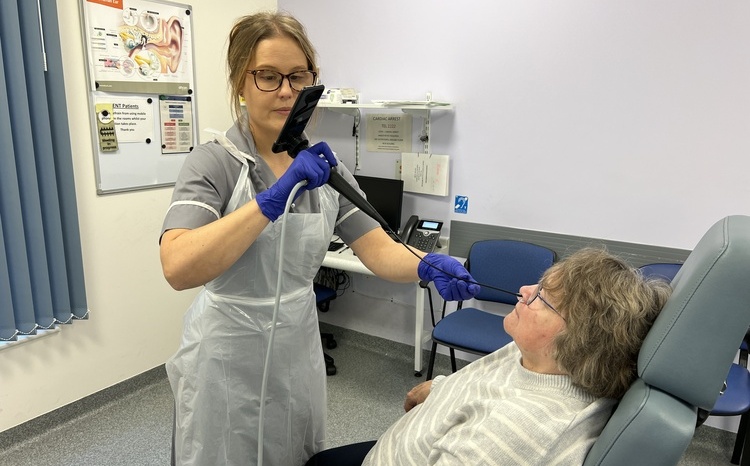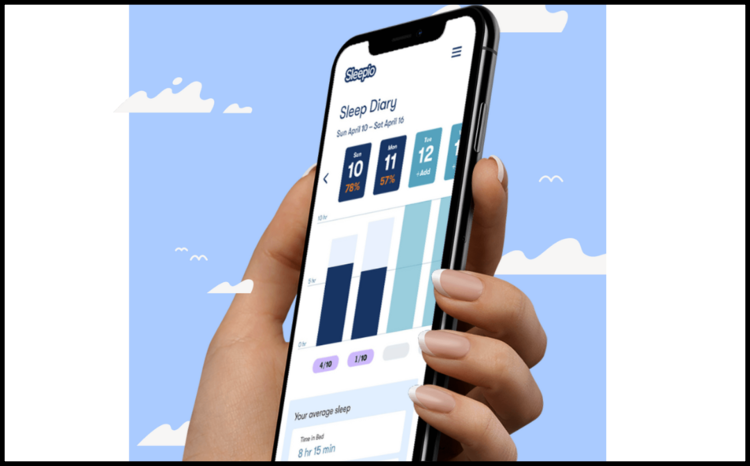Suppliers to help define meaningful use
- 3 July 2013

NHS England wants a “strategic relationship” with suppliers to develop and measure the ‘meaningful use’ of integrated digital care records.
New guidance issued by NHS England on the adoption of electronic working in secondary care focuses on the concept of a clinical digital maturity index to help trusts benchmark their capability to deliver the meaningful use of IDCRs.
“Going forward, we expect to measure and monitor organisations and systems to make sure that they can demonstrate a progressively increasing level of meaningful use of an IDCR and wider digital technologies in the delivery of care,” it says.
Beverley Bryant, NHS England’s director of strategic systems and technology, told EHI that NHS England does not have time to implement the US accreditation process, CCHIT, for suppliers. Instead, it wants to build a strategic relationship with them.
“If we have better relationships with the IT suppliers, we can articulate what we want better; and they can translate what we want into better delivery,” she explained.
“We still want value for money and to make sure they deliver, but we don’t want to start there. We want to start with clear articulation and an iterative development. We want to encourage partnership working between the public and private sector.”
In the interview, Bryant added that meaningful use would rely on the judgements of trusts and that NHS England would have a role to play in supporting trusts to make those judgements.
This could involve trusts asking for advice before signing final contracts and being put in touch with other trusts using the same supplier.
Head of healthcare at Intellect, Jon Lindberg, said the industry trade body had highlighted the need for maturity ladders to help NHS organisations identify how to progress on the “digital health vision”.
“These maturity ladders go beyond just identifying the technology ladder and include organisational process maturity and clinical pathway maturity to ensure the technology is incorporated as an enabling tool to improve processes and clinical practice from the start,” he said.
NHS England’s guidance follows health secretary Jeremy Hunt’s commitment to a ‘paperless’ NHS – or one using electronic records and communications – in January.
It describes an IDCR as the ability of local health and care services to “use digital technology to ensure that vital patient related information and clinical decision and support tools can be viewed by an authorised user in a joined up manner in any single instance."
Bryant said NHS England had intended to unveil the vision of integrated digital care records in the technology strategy that it is still due to publish in December.
However, when the £260m Technology Fund became available in May, she decided it would be a “missed opportunity” to not include the vision in the guidance linked to the fund.
“So we effectively dropped everything and worked really hard so that the money, as a first step, fits into the wider strategy,” she said.
Bryant said the technology strategy will have three key parts. The first will be the “underpinning enablers around customer service”, such as e-referrals and online transactional services, which make it easier to do business with the NHS.
The second part will be the IDCR. This will include more best practice stories in the community of interest section. However, the third and largest part will be about “unleashing the power of people.”
This is about “pushing technology into the hands of people to help them manage their long-term conditions,” she explained.
Bryant said that while yesterday’s guidance is aimed at secondary care, the technology strategy is aimed at all care settings adopting electronic working.
“A lot of work now is to show real examples of where investing in technology is improving patient safety and experience and driving operational efficiencies,” she added.




